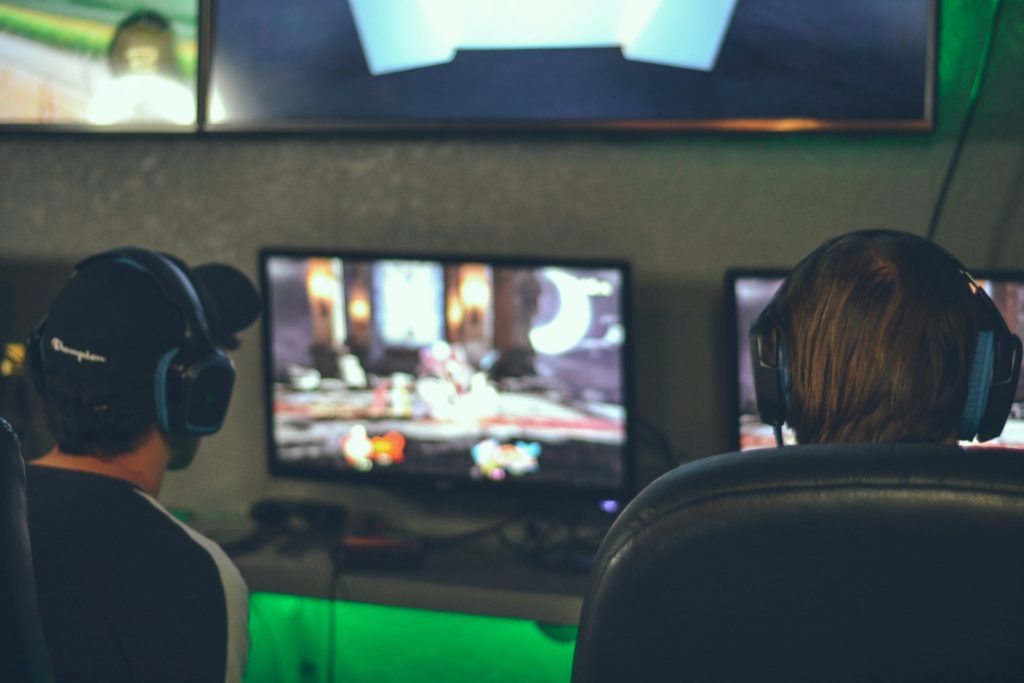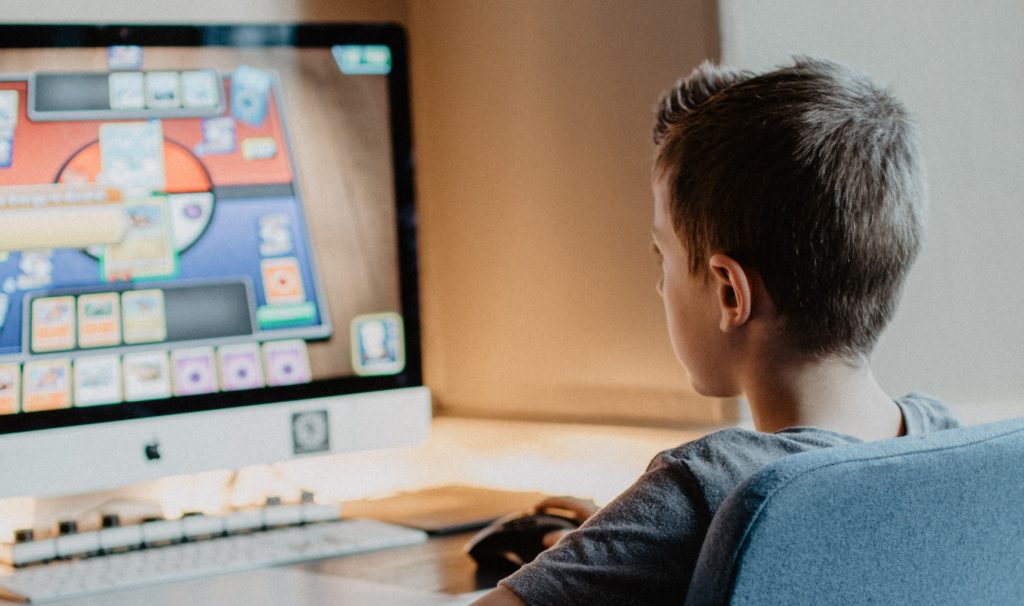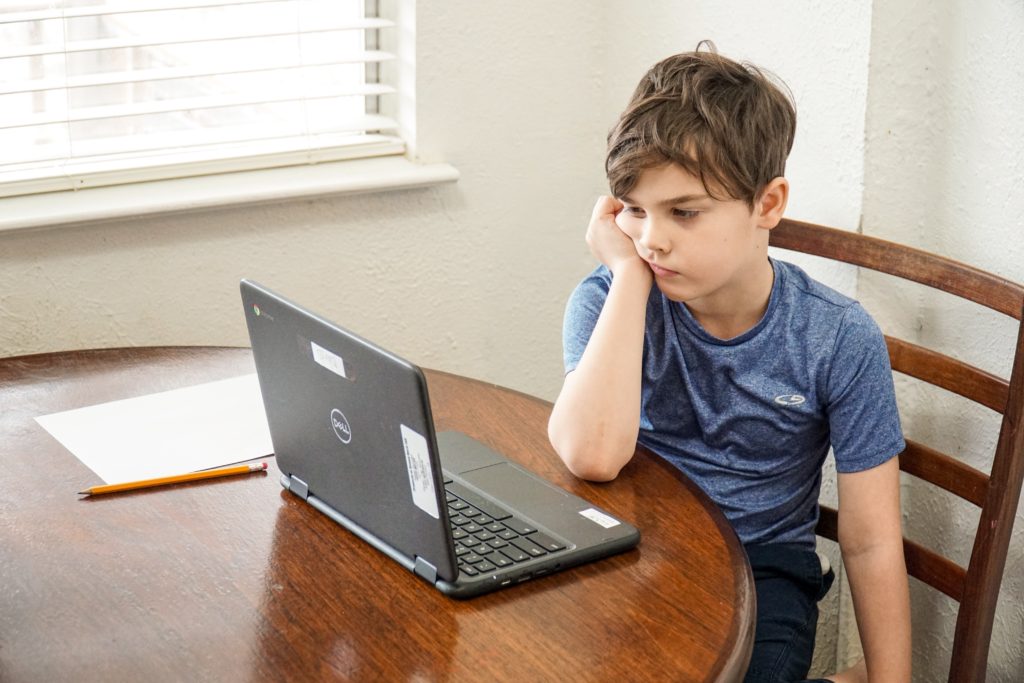Video games are generally looked down upon as a waste of time and a distraction from learning. In reality, video games simply do what they are designed to do. Video games are generally designed to be a fun challenge that players can do to pass their time alone or with friends. They are no more of a waste of time than someone sitting down to work a puzzle or play cards with friends.
Some games, however, are designed for more than just being a fun pastime. Some are video games designed for learning, and while controversial, research shows that they are a valuable way to encourage learning by putting learning in a fun and engaging context and giving students immediate feedback on their mistakes. In addition to these benefits, video games work via multiple sensory pathways which gives learners multiple pathways to activate memories and recall learning, regardless of their learning style. Video games designed for learning are able to target specific skills while also being easier to get students on board, being a win for both teacher and student.
Video games are often pitted against books as if more time devoted to video games will steal a person’s ability to read by lowering their attention span. Recent research, however, shows that the opposite effect might be true if the video game is designed mindfully to help students improve their focus and attention. Reading involves multiple brain systems working together to translate the visual information being received into comprehensible language. Reading requires a person to be able to focus on the page, scan the words at an appropriate speed and not get distracted.
Some video games are actually designed to help students improve their focus and control of their visual systems through various games and challenges. Playing action video games requires the user to focus on paying careful attention to the screen in order to avoid projectiles and other dangers in game while dismissing other visual distractions that won’t impact their game play. Because of this aspect, action video games can help students learn to focus for extended periods of time, not get distracted, and complete tasks with careful accuracy, which sounds a lot like many school activities. Video games designed for learning can even help students with learning difficulties like dyslexia to overcome their challenges as these visual attention systems are often an area they struggle with.
New Research on Video Games for Learning
A research study published by Nature showed how an action video game, called Skies of Manawak, designed specifically to help students improve their attentional control actually led to not only increased attentional control, but also improved reading speed and even higher grades in their language classes. The study was conducted on Italian children between 8-12 years old. The students were assigned to one of two groups, a control intervention teaching students about coding, and the video game intervention. The intervention consisted of 1 hour sessions given twice a week over a 6 week period.
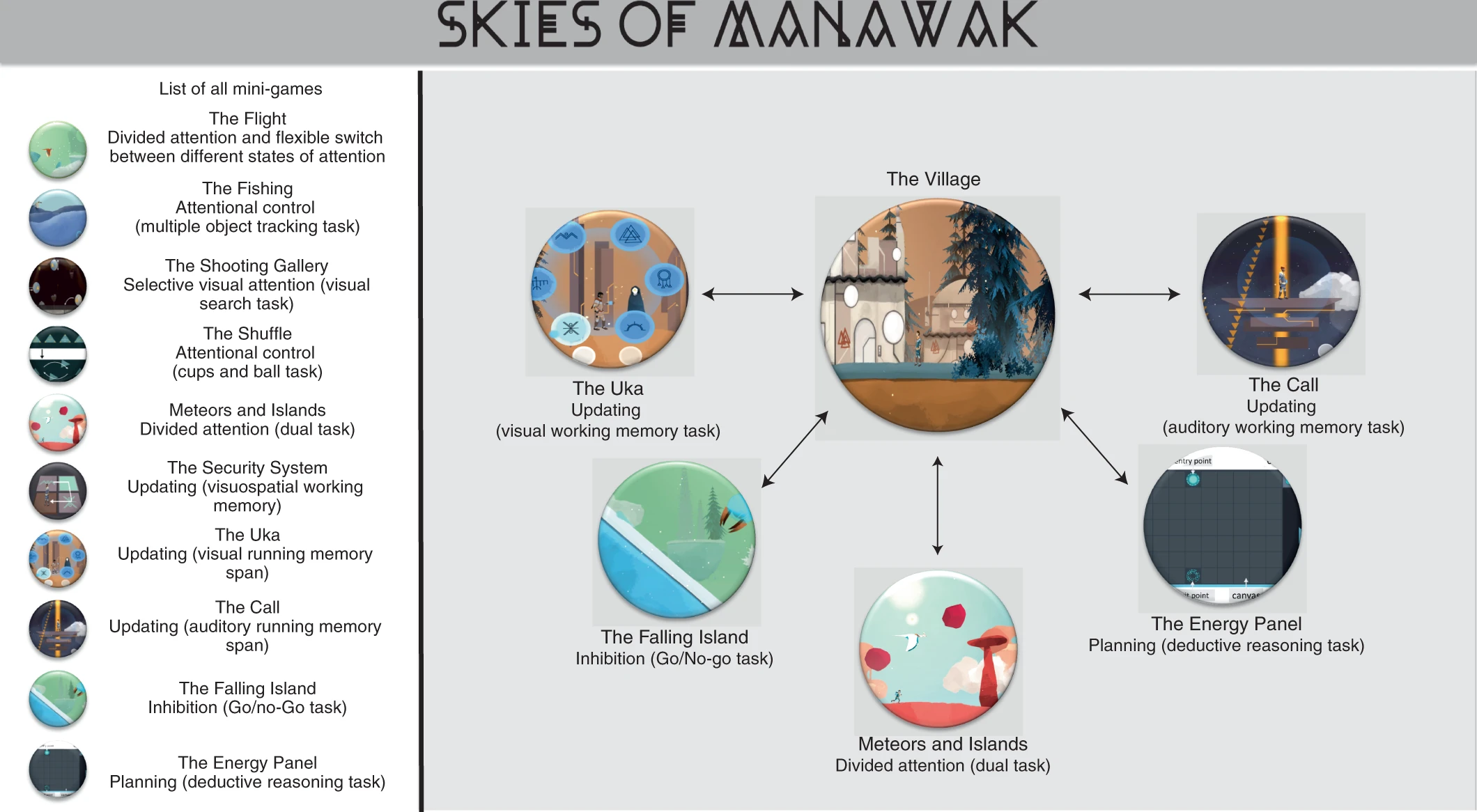
According to the findings of the study, the group trained through the attentional training video game “exhibited greater improvement in reading speed and in reading accuracy, as well as in our measures of attentional control and planning, than did the control-trained group.” (Pasqualotto et al.) Not only did the participants show greater skills in the areas they were trained, but this improvement actually transferred to their school grades. Even after 18 months, the students who had gone through the attentional training had higher grades than those who had the coding training.
The students had their grades in Italian and mathematics measured at 5 different times, once before the intervention, once directly after, and then at 6, 12, and finally 18 months. The students who had done their training with the visual attention control training game showed increased grades when compared with the coding group, but only in Italian class.
While reading requires sustained visual attentional control, mathematics requires other brain systems, and so the game design did not appropriately target the skills for that class. This shows that video games can be a valid educational resource, but that gameplay must be carefully designed for learning in specific domains in order to be effective.
Teacher Takeaways on Video Games for Learning
While spending hours daily playing most video games would not be helpful for students, short regular training sessions with video games designed for learning can actually help students build skills that will help them learn better and even improve their grades. Which video games teachers should choose will largely depend on the age of their students, the subject they teach, and the skills that they want to train in their students. Teachers will need to use their expertise to select which games are appropriate and which won’t help the learning goals of their class.
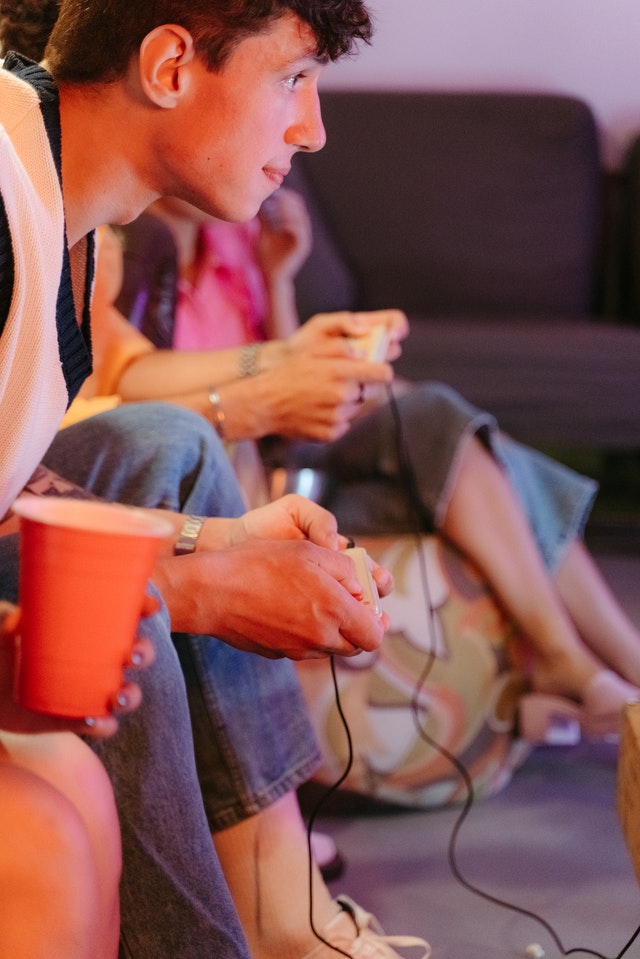
Teachers should consider adding in at least one video game to their class plans regularly not only for the increased learning and fun they impart, but as an alternative learning structure to help those who are struggling with traditional learning. These video games designed for learning and improving specific skills can be particularly effective for students with learning differences.
Many video games designed for learning target the brain’s executive functioning abilities, such as attentional control and working memory, which is an area that many students with learning differences struggle with. By targeting these abilities directly and not relying on traditional rote memorization pathways of learning, video games can add another way to get more students on board with learning and understanding the content.
Previously published research specifically looked to video games designed for learning as a targeted intervention for students with dyslexia. The students played action video games that similarly to the game, Skies of Manawak, from the study above, require the player to control their attentional resources and other executive functioning in order to succeed. They found not only “that action video games efficiently improve attention abilities” but also that “this attention improvement can directly translate into better reading abilities, providing a new, fast, fun remediation of dyslexia.” (Franceschini et al.)
So rather than video games being seen as an arch nemesis to books and reading, teachers could actually encourage short periods of action gaming for all students to help them increase their executive functioning skills and help them focus when reading. Spending hours and hours on video games is not a healthy way to spend time, but students who never challenge their focus and reaction times in a fast paced action game may also be missing out on important skills.
Whether a student with diagnosed dyslexia or a typically developing reader, many young people are struggling with controlling their attentional resources due to how the internet and modern technology have reshaped the sensory world people are exposed to. Having all students engage in a fun and challenging action game once or twice a week may help them to recover some of this lost focus.
While it may seem counterintuitive to counter the negative effects of modern technology with more modern technology, this just highlights how important design and intention are when choosing video games for learning. Some games are designed for logical thinking, others to challenge the players reaction time and aim, and some are even designed to teach school subjects and languages.
Regardless of the design however, this shouldn’t be seen as a free pass for students to play video games all day. This just opens one more learning opportunity to help balance out some of the other learning strategies teachers can employ each day to challenge their students each day.
These studies only cover one subject and how games designed for learning can help students to read better by improving their attention. Each different subject requires a myriad of different skills and capacities.
Teachers should see which areas their students are struggling and see if there are games that work on that specific aspect of learning. Then they can implement that game as a regular feature of their classroom.
Teachers could implement their chosen game as a whole class activity that all students complete together, as an educational brain break when students are overwhelmed with traditional learning, or even as an individualized break out time activity. Not all students have the same areas of weakness and so a single game may not be ideal for all students.
Having a set of educational games that target various areas of weakness could allow teachers to assign specific games to specific students to do during a class period. While it can be nice to all play together occasionally to build community in the classroom, individualizing game assignments will allow for more students to work on skills they need to improve.
This will particularly help students with diagnosed learning difficulties, but this approach, like many other targeted interventions originally designed for students with diagnosed learning difficulties actually just works more in tune with how the brain naturally learns. Balancing traditional learning with approaches opened through modern technology will help teachers support students in their areas of weakness, diagnosable or not.
Want more like this? Make Lab to Class a part of your weekly professional development schedule by subscribing to updates below.
References
Franceschini, Sandro, et al. “Action Video Games Make Dyslexic Children Read Better.” Current Biology, vol. 23, no. 6, 2013, pp. 462–466., https://doi.org/10.1016/j.cub.2013.01.044.
Pasqualotto, Angela, et al. “Enhancing Reading Skills through a Video Game Mixing Action Mechanics and Cognitive Training.” Nature Human Behaviour, 2022,

